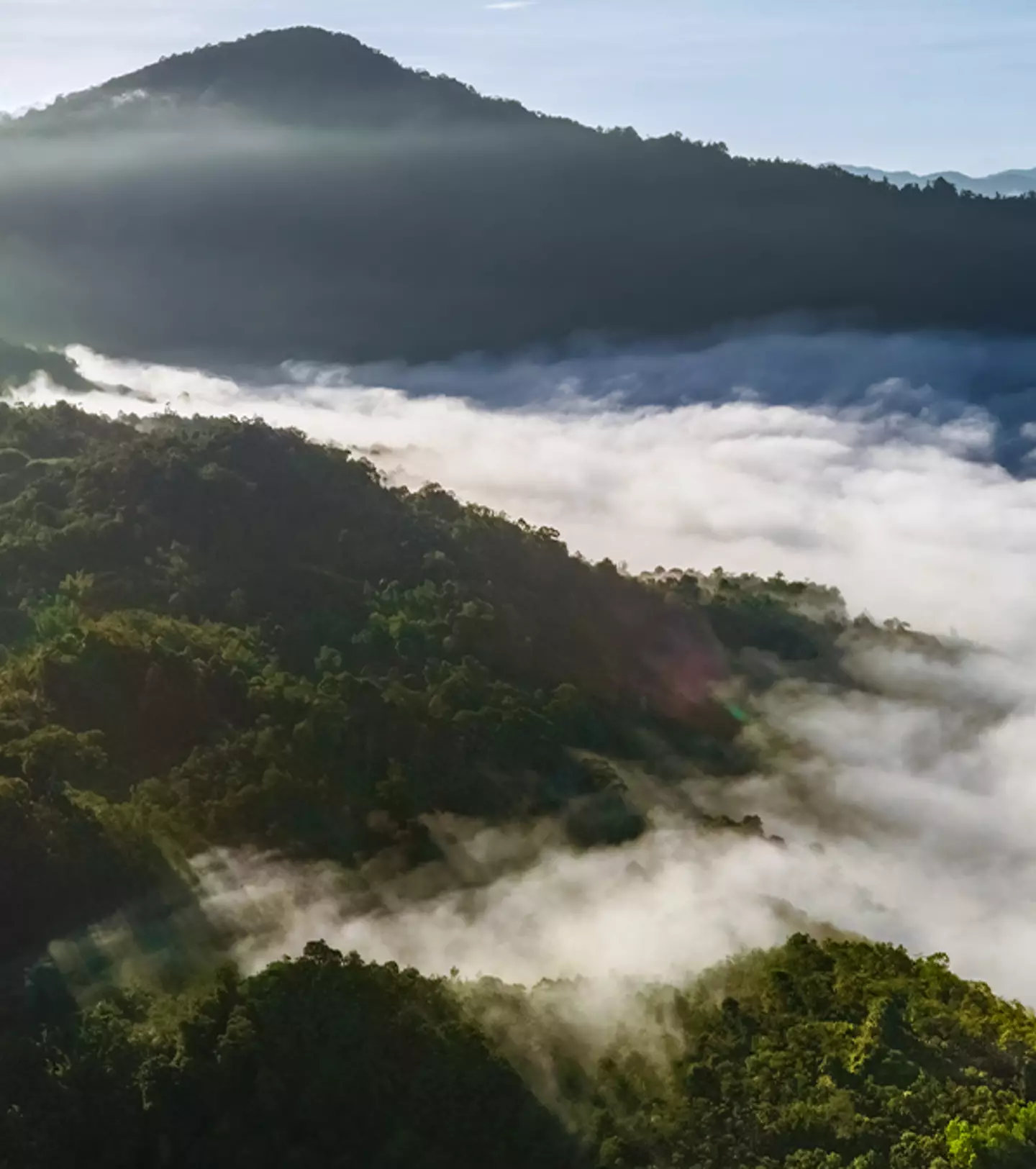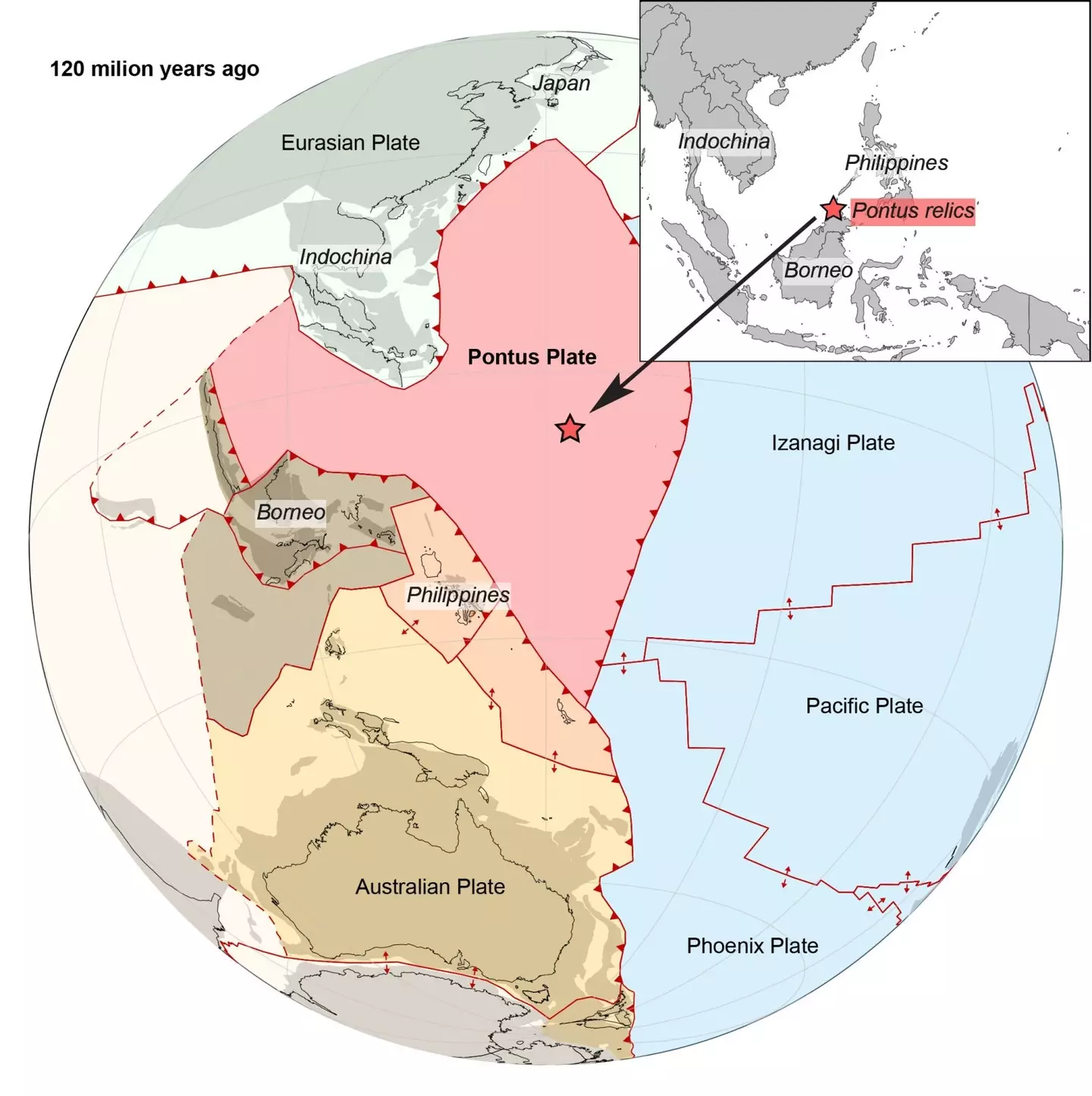
A tectonic plate that was thought to be lost for millions of years has now been found in Borneo.
Geologists came across ancient remnants of a long-lost part of the Earth. The team believes it to be 120 million years old, which could help piece together our current knowledge of our planet.
Named Pontus, the plate was identified when graduate geologist Suzanna van de Lagemaat at Utrecht University, and her supervisor, Douwe van Hinsbergen, were analysing geological data from mountains in the Asia-Pacific region.
Van de Lagemaat explained: "We thought we were dealing with relics of a lost plate that we already knew about.
Advert

"But our magnetic lab research on those rocks indicated that our finds were originally from much farther north, and had to be remnants of a different, previously unknown plate."
Researchers estimate that the Pontus plate was part of the Earth's crust before the breakup of the supercontinent Pangaea.
The splitting of Pangaea began around 160 million years ago and eventually led to the formation of the continents we recognise today.
Advert
At that time, Pontus was roughly a quarter the size of the Pacific Ocean, positioned beneath the vast ocean that separated Eurasia and Australia.
As Pangaea split, the plate was likely 'swallowed' up by other plates that carried countries such as The Philippines and Borneo to their current day locations.
Borneo is the third-largest island in the world and one of the Greater Sunda Islands in Southeast Asia.

Advert
To dig deeper into the plate’s origins, Van de Lagemaat and her team studied the Junction Region, a complex area of tectonic activity.
It runs between Japan, Borneo, the Philippines, New Guinea, and down to New Zealand.
“The Philippines is located at a complex junction of different plate systems," van de Lagemaat added. "The region almost entirely consists of oceanic crust, but some pieces are raised above sea level, and show rocks of very different ages.”
Using their findings, she created a visual representation of tectonic movements from the time the dinosaurs were roaming Earth to the current day.
Advert
Van de Lagemaat’s findings are continuing to be analysed and there is hope that this discovery will encourage further research into other unknown tectonic plates.
"We found the most important piece of the puzzle on northern Borneo," van de Lagemaat commented.
Pontus may uncover additional clues about Earth's tectonic history and the events that shaped the arrangement of continents and oceans.